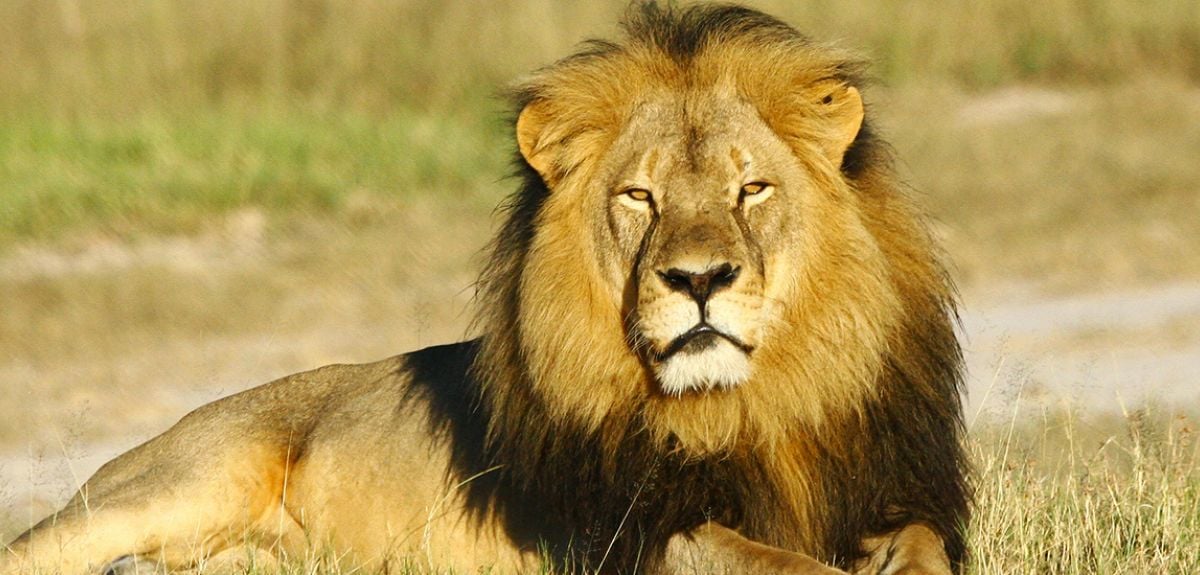
Credit: Dr Andrew Loveridge
The Cecil Lion Summit
Oxford University's Wildlife Conservation Research Unit and wild cat conservation organisation Panthera today announced that they are organising and hosting a landmark summit for range wide lion conservation in 2016, in honour of Cecil the lion, whose death triggered a global outpouring of empathy and awareness for lions and their imperilled status
As the American talk show host Jimmy Kimmel said when he exhorted his viewers to support WildCRU's Hwange Lion Project, out of the sadness of the illegal death of Cecil can come good. The global roar for lion conservation that followed has created a unique moment – and potentially a historic turning point – for lion conservation. Seizing that moment, partners WildCRU and Panthera, the global wild cat conservation organization, are convening the Cecil Summit to grasp this new momentum in lion conservation, and inviting the foremost conservation experts from organizations throughout the lion conservation community to join us in a concerted effort to save the lion.
Professor David Macdonald, Director of WildCRU, said, “The key question for the summit to address, realistically but ambitiously, will be what could success look like? How might Africa, with all its varied circumstances look, following a successful revolution in lion conservation and how could this feasibly be delivered.” He added, “and delivering the well-being of lions, and other big carnivores, necessitates also delivering the well-being of local people, communities and nations that live alongside them – that is the holistic goal of modern wildlife conservation.”
Lions are in crisis. Because lions are uniquely visible to tourists there is a false impression that they are not endangered. The opposite is true: they are disappearing in plain sight. From an estimated population of 200,000 across Africa a century ago, and 30,000 a decade ago, as few as 20,000 lions may now roam free in the entire continent. Their numbers have been devastated by loss of habitat and wild prey, poaching, conflict with farming communities, unsustainable legal hunting, and emerging threats including the use of lion bones in traditional Asian medicine. Lions are being killed daily in Africa.
Dr. Luke Hunter, President of Panthera, said, “When I first started studying lions over two decades ago, it was inconceivable that the species might one day be endangered. Now, we have to confront that reality. Lions and people both evolved in Africa and co-existed for millennia, but today, one is losing the race for survival. The Cecil Summit will bring together the best minds to respond to this massive conservation challenge. ”
Cecil was studied through the Hwange Lion Project, operated by Oxford University’s Wildlife Conservation Research Unit (WildCRU) and supported by Panthera, for eight years before being tragically killed outside Zimbabwe’s Hwange National Park.
 Expert Comment: Church-to-mosque conversions grab headlines, but is funding the real crisis?
Expert Comment: Church-to-mosque conversions grab headlines, but is funding the real crisis?
 Expert Comment: Four years of full-scale war and Ukrainian resistance continues
Expert Comment: Four years of full-scale war and Ukrainian resistance continues
 Oxford and Liverpool join forces to tackle global challenges
Oxford and Liverpool join forces to tackle global challenges